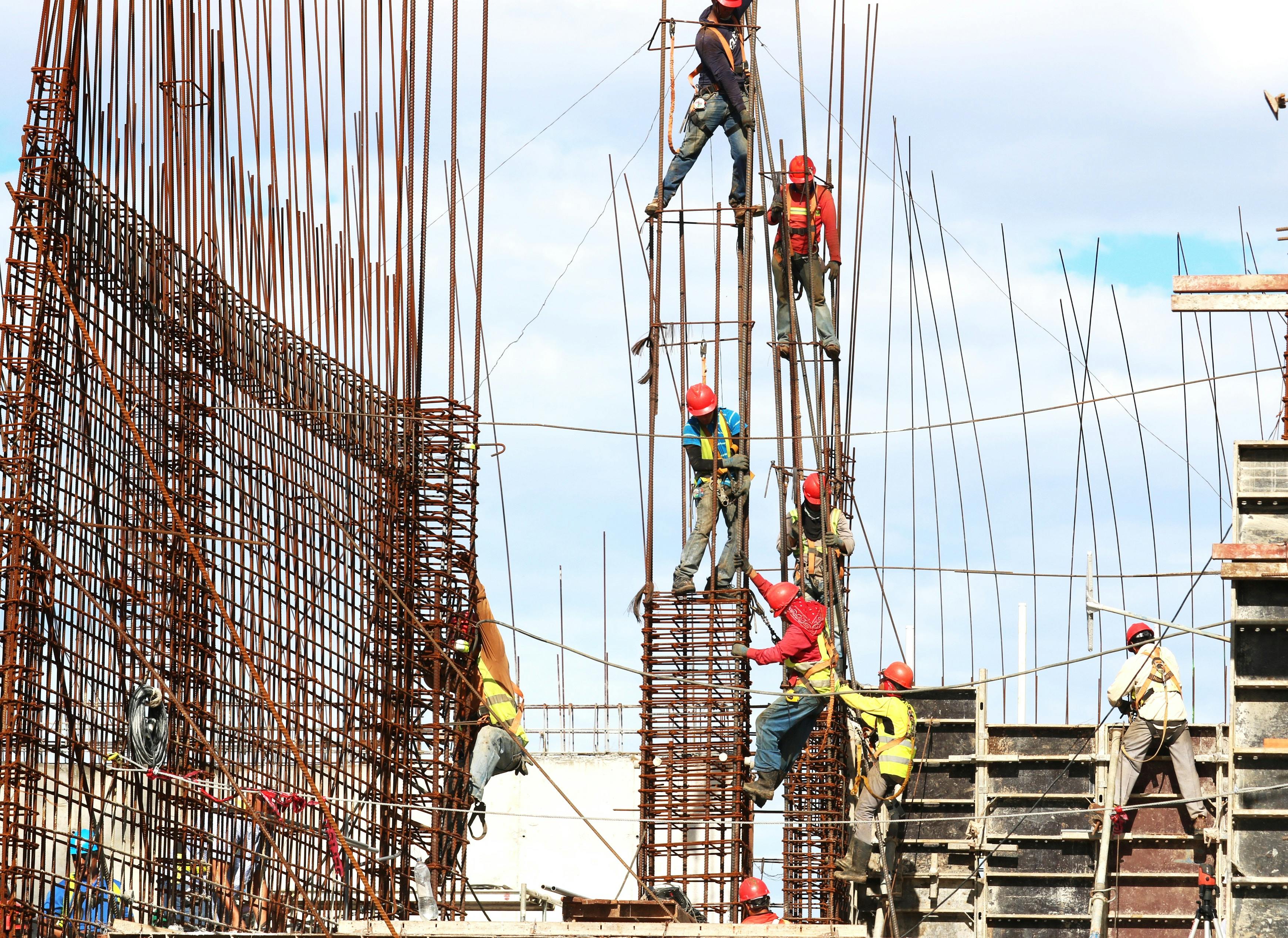Due to my unique history in the construction industry, I believe that I bring excellent insight to issues that various industry parties are presently concerned about. These days I also talk to a lot of contractors, stakeholders, advisors and industry representatives in my role at Helix. At Helix, we have a firm focus on education and training which has seen us travel to Noosa, Cairns, Townsville, Cloncurry and Mt Isa in the last month. This training means that I also get the opportunity to carefully listen to industry and work with the broader Helix team to bring about meaningful solutions.
As a result of my interactions, I am aware that many in our industry and those connected with it, do not appreciate the magnitude of SOP reforms that are being progressively implemented. This is despite the fact that the government has generated a lot of information about these reforms, particularly in the last 6 months.
The industry has been on notice for several years as to the intentions of the government in this regard. However, I am of the view that the majority of industry parties do not truly appreciate the size, scale, or importance of these reforms.
The government commenced the SOP review process by releasing a discussion paper on 17 December 2015 seeking feedback.
In a paper published by the Department of Housing and Public Works in September 2017, the following is stated as to what occurred after consideration of this feedback:
“the Premier and the Minister for the Arts, and the Minister for Housing and Public Works released the Queensland Building Plan discussion paper in November 2016. Proposals for reform to security of payment, which were developed from the SoP discussion paper, were part of the Queensland Building Plan discussion paper. Comprehensive consultation was undertaken across Queensland until 31 March 2017. The government held 15 public consultation sessions throughout Queensland which were attended by over 1100 key industry associations, industry representatives, local government representatives and consumers.”
1100 parties took the time and effort to attend consultation sessions on these reforms. Given the size, significance and number of different parties that comprise the industry, I find this response to be underwhelming.
In saying this I recognise that a number of these parties were industry associations so information would have been disseminated to their members. However, what percentage of individual participants in this very diverse industry are members of an association?
I have been unable to identify any recent research in this regard. However I believe that as an absolute maximum, only 20% of participants (employees, businesses, contractors) are members of an association. I base this belief on the following:
- The above mentioned Department of Housing and Public Works paper states:
“The building and construction industry is the third largest employer in Queensland, employing around 220,000 Queenslanders and contributing approximately $44 billion to the State economy in 2015-16”
- In a joint report compiled by CSIRO and Construction Skills Queensland entitled “Are you ready for change?”, it is stated that the industry comprises of over 71,000 businesses.
- A discussion paper entitled The proposed improvements to the Minimum Financial Requirements for licensing in the building and construction industry indicates that across the nine different licensing financial requirements there are approximately 70,000 contractors.
For whatever reasons, I believe that the failure of parties to provide feedback to the government on its proposed SOP reform package was a significant mistake on their part.
In the 22 years I worked for the Queensland construction industry regulator I always promptly evaluated any new proposed industry legislation or policies. I believed such an approach necessary to ensure that I fully understood the impact of proposed legislation and also to have sufficient time to raise any concerns.
In my time with Helix Legal, I have published 58 previous articles over a 20 month period where I have adopted the same approach. I firmly believe that all industry parties should do likewise when governments present new legislative initiatives for consideration.
Additionally, I believe that participants in the industry should not be backward in expressing their views to governments on proposed legislation or policies. Hopefully, these views are informed and communicated to governments in a clear, concise and respectful manner.
Governments need to hear from ALL sectors of the industry on proposed reforms, in particular early in the reform process. This is the only way governments can develop a significant level of empathy and understanding of the unique challenges different parties encounter on a day to day basis. Such empathy and understanding of the plight of these parties is something I think vital in the development of effective and balanced legislation.
I believe that the majority of industry associations do an excellent job in terms of responding to proposed government reform initiatives. However, unfortunately, some do not.
I am also of the view that while many associations are proactive in terms of the development of new regulatory initiatives for broader industry consideration, others are not. I consider this a missed opportunity by these associations to provide their members with a valuable service.
The impact of the fourth industrial revolution on the industry
Industry participants are going to have to overcome their apparent reluctance to be involved in future reform consultation opportunities given the industry is at a vital stage in its evolution. The fourth industrial revolution is upon us and the resultant transformation changes about to impact the industry are beyond the comprehension of many current contractors and industry stakeholders.
In an article authored by Klaus Schwab, Executive Chairman of the World Economic Forum entitled “The Fourth Industrial Revolution: what it means, how to respond” he states:
“We stand on the brink of a technological revolution that will fundamentally alter the way we live, work, and relate to one another. In its scale, scope, and complexity, the transformation will be unlike anything humankind has experienced before. We do not yet know just how it will unfold, but one thing is clear: the response to it must be integrated and comprehensive, involving all stakeholders of the global polity, from the public and private sectors to academia and civil society.
The First Industrial Revolution used water and steam power to mechanize production. The Second used electric power to create mass production. The Third used electronics and information technology to automate production.
Now a Fourth Industrial Revolution is building on the Third, the digital revolution that has been occurring since the middle of the last century. It is characterized by a fusion of technologies that is blurring the lines between the physical, digital, and biological spheres.
There are three reasons why today’s transformations represent not merely a prolongation of the Third Industrial Revolution but rather the arrival of a Fourth and distinct one: velocity, scope, and systems impact. The speed of current breakthroughs has no historical precedent. When compared with previous industrial revolutions, the Fourth is evolving at an exponential rather than a linear pace. Moreover, it is disrupting almost every industry in every country. And the breadth and depth of these changes herald the transformation of entire systems of production, management, and governance.”
I have written a tongue in cheek futuristic article entitled Global Construction giant AIXI posts after tax profit of $1 trillion for 2038 FY where I reported the 2038 record profit of an overseas Amazon type builder who established operations in Australia 20 years previously, leveraging of technological developments.
In another article entitled ‘Future fit’ regulation is required for a rapidly changing construction industry‘ I pointed out that technological advancements are posing significant challenges for government to maintain a balance between encouraging innovation, protecting consumers and addressing potential unintended consequences.
Final thoughts
The point of this article is to encourage all industry parties to become informed, engaged and take responsibility for shaping how the industry will be regulated in the future.
Governments always provide parties with the opportunity to provide input and feedback to proposed industry reforms. I am of the view that parties must step up in this regard.
I would be interested in hearing your views.
Not intended as legal advice. Read full disclaimer.


